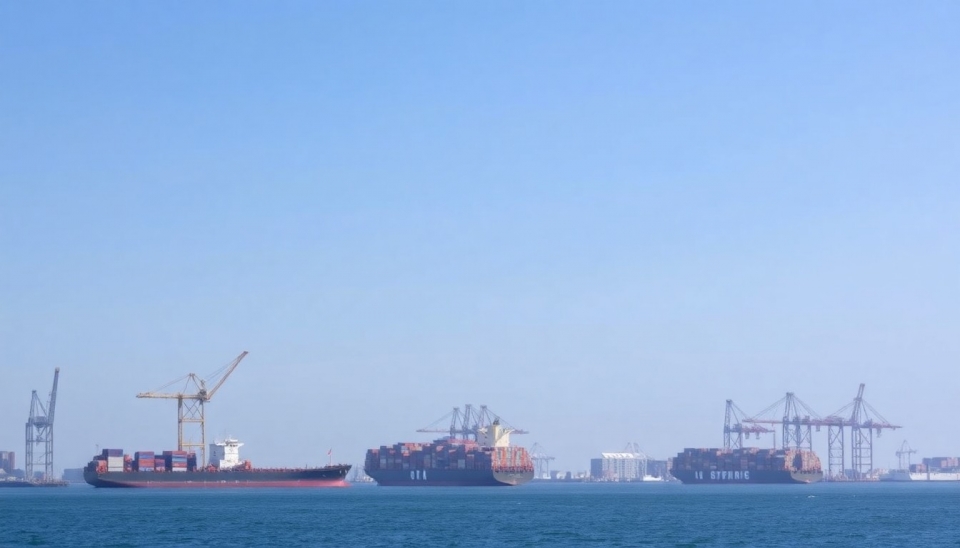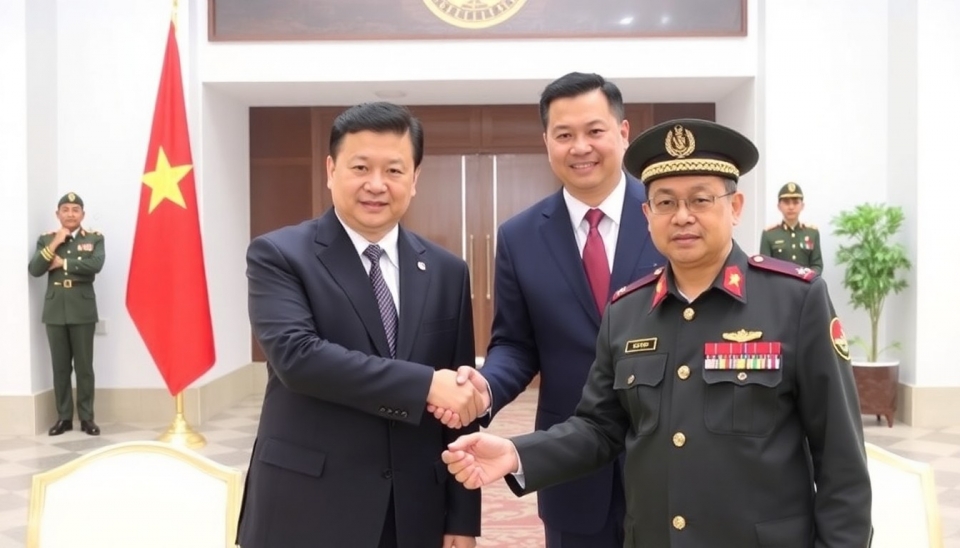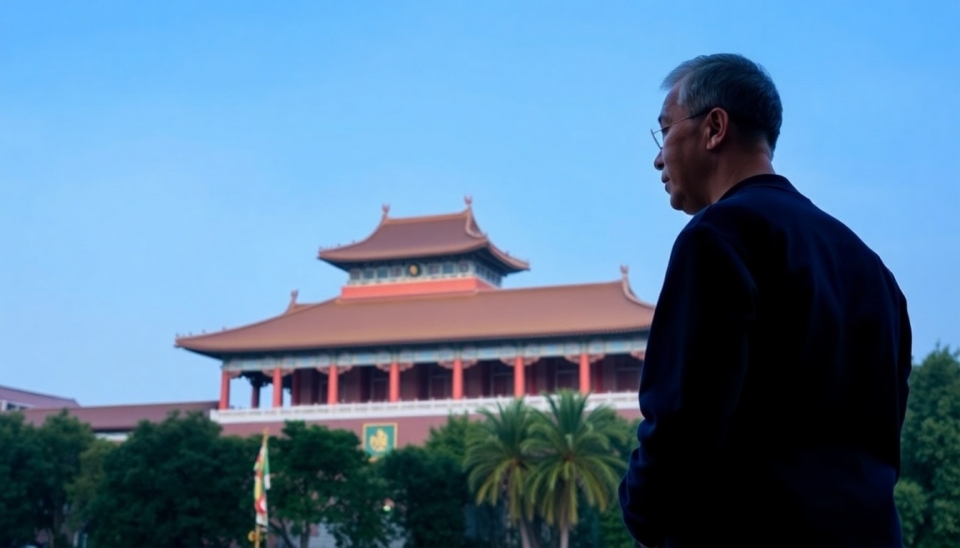
In a recent announcement, China has reacted to the United States’ decision to grant exemptions for certain tariffs on Chinese goods. Chinese officials characterized this move as a minor but necessary step towards remedying the economic friction that has characterized US-China trade relations over the past few years. The situation has drawn attention amid ongoing discussions over economic policies and tariffs that were introduced during the previous administration.
On Friday, the US Trade Representative’s office disclosed that it would exempt about 200 items from tariffs initially imposed during the trade war, which had intensified at the height of tensions between the two economic powerhouses. The exemptions include various consumer goods, which could potentially alleviate some pressure on American companies and consumers facing inflationary costs.
Chinese Commerce Ministry spokesperson, Gao Feng, responded to the announcement by stating that while these tariff exemptions are a "small step," they signify a pathway that could lead to broader discussions aimed at reducing barriers and increasing cooperation between the two nations. Gao emphasized that this action should not be viewed in isolation but as part of a larger effort to mend a fractious trade relationship that has seen tariffs disrupt international markets.
Beijing has long been advocating for the US to reconsider its tariff policy, arguing that it hinders normal trade practices and economic growth across both countries. Following the announcement by the US, Chinese analysts echoed that this exemption could open doors to potential negotiations on other pressing trade issues, although much depends on the willingness of both sides to engage in constructive dialogue.
Furthermore, Washington's decision to roll back tariffs is seen by Chinese officials as an acknowledgment of the high costs associated with prolonged trade conflicts, as many industries in the US have been adversely affected by the elevated costs of imported materials and products.
In recent months, there has been a palpable shift in rhetoric from both governments, suggesting that there is an increasing recognition of the need for cooperation. Both nations have been facing economic headwinds, underscoring the imperative to resolve trade disputes that could undermine global economic stability. The ongoing discussions appear to have been fueled partly by concerns about supply chain disruptions, inflation, and the broader impacts of a potential recession.
As the US and China navigate this complex economic landscape, experts remain cautiously optimistic that dialogue could lead to meaningful reforms in trade policies. Both sides have much to gain by prioritizing negotiation over confrontation, especially as economic conditions continue to evolve at a rapid pace.
In conclusion, while the US tariff exemption on select Chinese goods represents a modest adjustment in policy, the implications of this decision highlight the importance of ongoing communication between the two countries. It remains to be seen how these developments will influence future trade agreements and what measures will be taken to ensure a balanced approach to international trade.
As both nations move forward, the hope lies in the possibility of achieving a more stable and mutually beneficial trade relationship.
#China #USTariffs #TradeRelations #EconomicPolicy #Inflation #GlobalEconomy #Negotiation
Author: Emily Collins




